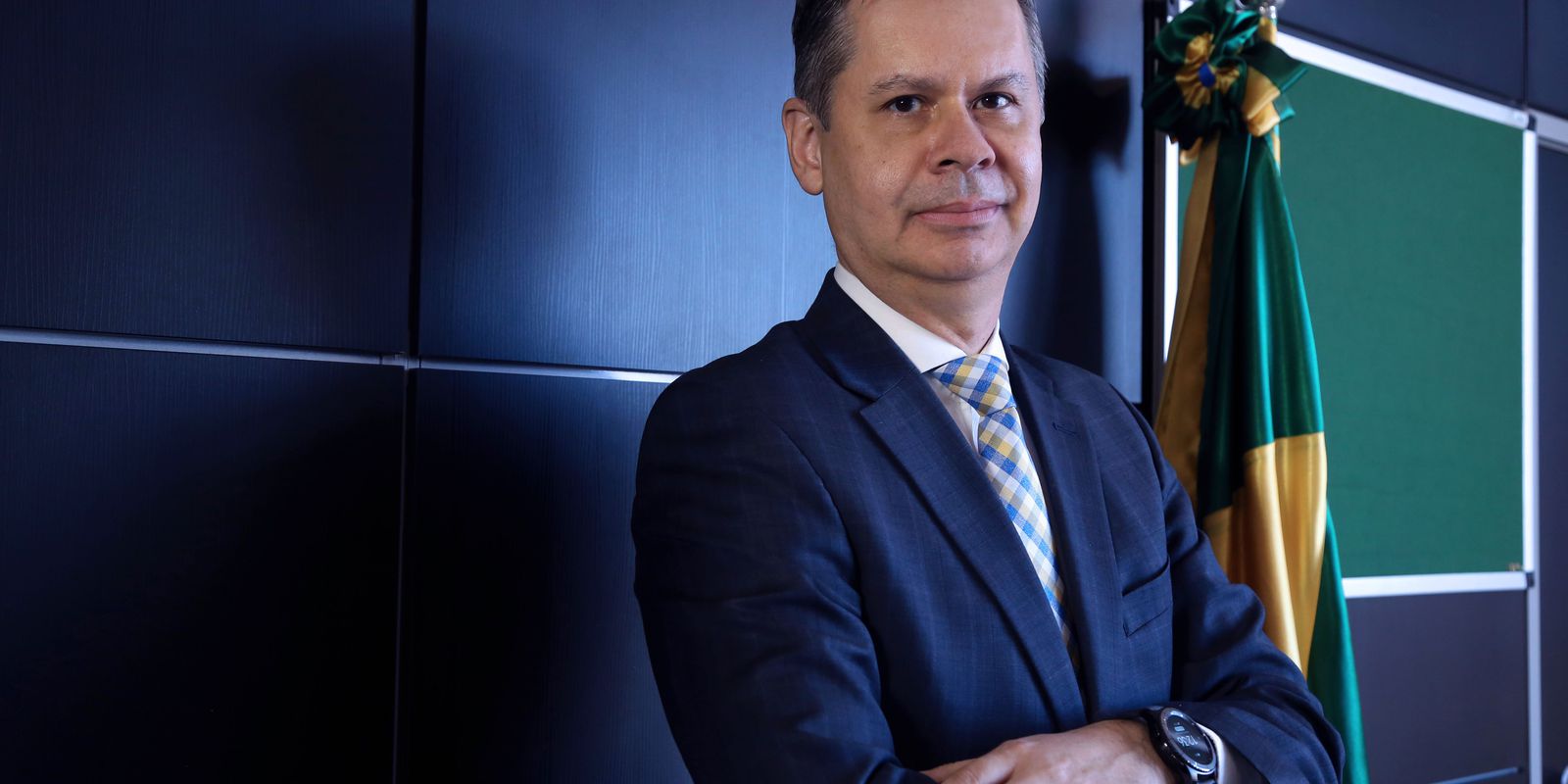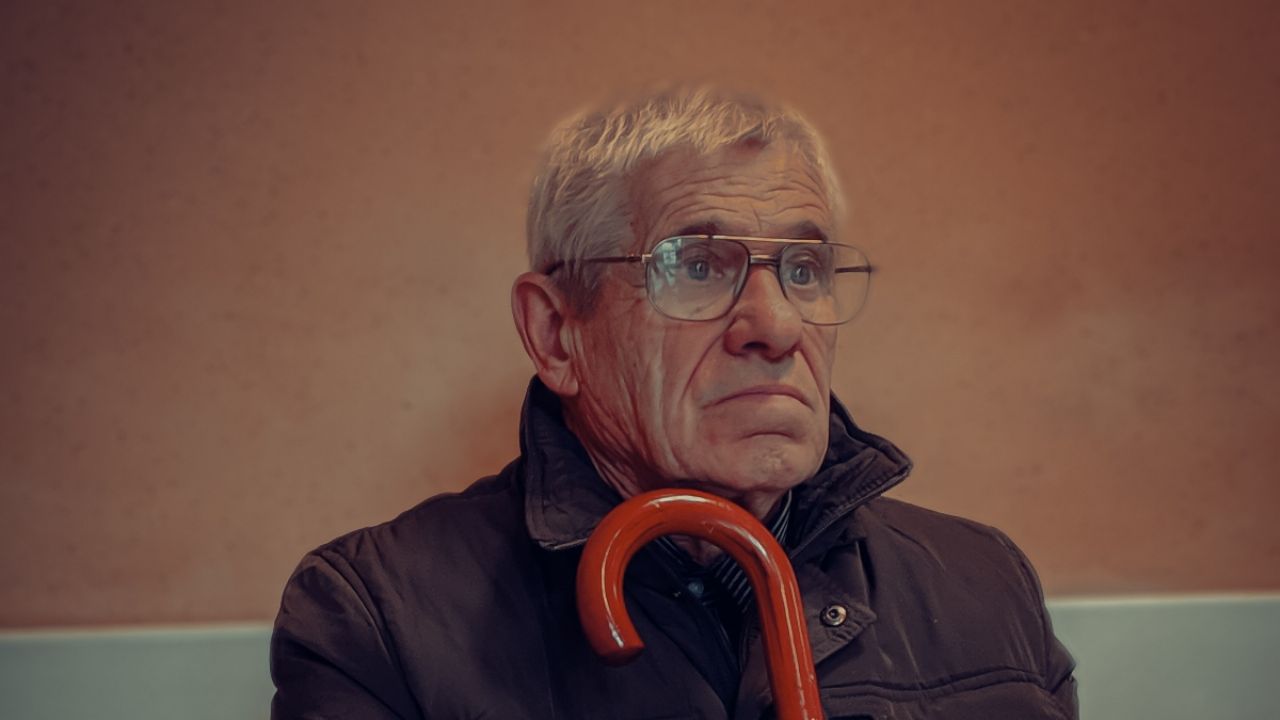After the first month of the Government of Gabriel Boric, reflections on the tasks carried out during this time began to emerge from the Executive itself. Among them, this morning, the government spokeswoman, Camila Vallejo, addressed issues such as the uncertain legislative scenario, the Constitutional Convention, the alternative project of the fifth limited withdrawal, the government with two coalitions, and the sayings of Daniel Jadue in Venezuela.
Regarding the latter, he pointed out that although there are positions that may be personal, “our government defines international policy based on much broader perspectives.”
In general, Vallejo indicated at a cabinet meeting this morning: “We have an installation that has been intense, which has not been free of difficulties, and also of our own mistakes that we have had to review to correct and improve, but that we have also been facing as a team, with a lot of conviction,” he said.
He then conducted a round of radio interviews to comment on the main challenges of the current command which, among others, have been marked by the relationship between the two coalitions: I approve of Dignity and the so-called democratic socialism, which have to fine-tune their relationship with respect to their differences. by the bill that allows a new withdrawal of pension funds and by the constitutional process.
“We have two government coalitions that is something unprecedented, it is something quite new for our democracy and it occurs in a context where, in addition, we have a highly ambitious government program, which in order to be successful requires legislative procedures, because there are many of them. reforms that imply legal modifications and have to go through a Congress with two collations and that is much more diverse than the previous one,” said the minister in conversation with Radio Universidad de Chile.
In this sense, he pointed to the organization of the legislative agenda and the challenge to achieve consensus on the reforms that the government seeks to promote during its administration, and that require the approval of Parliament.
Among other issues, the work of the Constitutional Convention ends on July 5. That day, the board of directors of the drafting body must send the proposal for the new Constitution to President Gabriel Boric, and then call the exit plebiscite, which will be on September 4.
Regarding the progress of the debate and deliberation, Vallejo specified on the same station that “the constituent process is not indifferent to us and we are not neutral either in the face of the process. We want them to do well.”
In this, he emphasized that “although we respect this process, we are not for interventions in this process, but we are not neutral either, that is why the message and permanent call that the government makes is to work for the agreements,” he indicated, adding that as a government, “we need it to succeed.”
Until now there are more than 200 articles in the draft of the new Magna Carta and yesterday the plenary vote was held in particular on the replacement report of the Political System Commission.
Among the approved regulations is the creation of the Chamber of the Regions, which would put an end to 200 years of the Senate; the immediate reelection of the President of the Republic for a single time and the article that lowers the minimum age to be elected as Head of State, reducing the requirement from 35 to 30 years.
Consulted by the norm that would eventually replace the Upper House, which also generated various reactions in the parliamentarians, the government spokeswoman insisted that “what cannot be done is to fall with that overnight what is voting the Convention and what is being agreed upon in the Convention Chamber, will be applied immediately in our country”, he affirmed.








